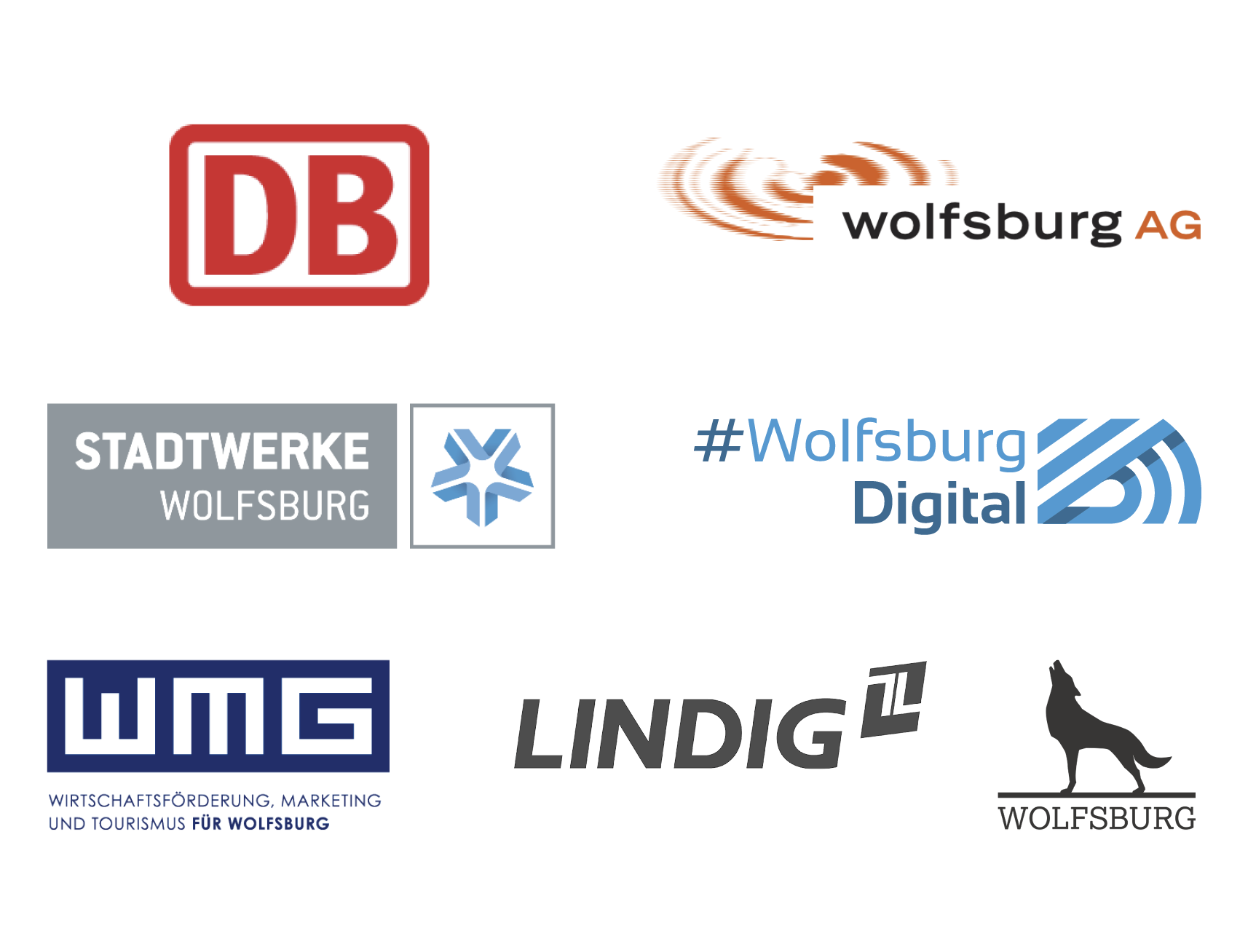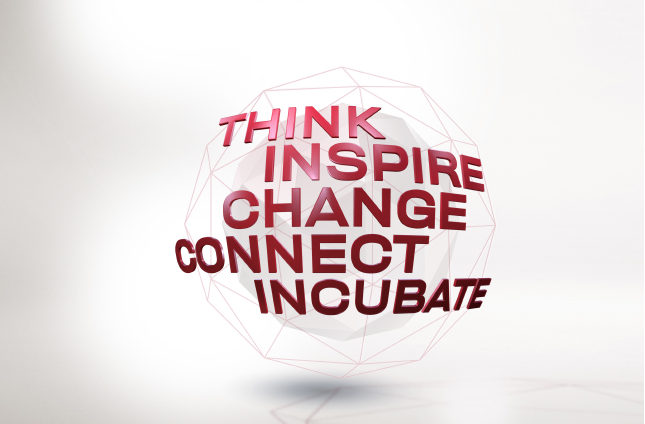DEEP DIVE ETHICS: What role do people and society play?

In addition to the vision of the future for the economy and the concrete strategies for companies, the role of man and society is also under discussion. What kind of education do we need in a 10x more intelligent world? What do 10x more intelligent schools and universities look like? Who asks superintelligent computers the question about the nature of thinking? Will human and machine intelligence merge? And what consciousness will guide them then? Is human morality sufficient for the future world? Or how do we come to a 10x more intelligent morality? Is our current legal system intelligent enough already? What would laws look like that are 10x more intelligent than today? How do we arrive at a 10x more intelligent science? What ethics must we develop that is not only digital, but also 10x more intelligent than today? And last but not least: Is the system of party-democracy intelligent enough for the future world? And if not, where are the 10x more intelligent philosophers for the future?
The 2b AHEAD Future Congress 2019 turns against the modern machine wrecking of anti-technologists, however popular they may be. The Future Congress attempts to develop a livable vision of the coexistence of man and technology in the year 2029. In a DEEP DIVE ETHICS on June 5, 2019, parallel to the congress program, we will develop a vision of the future of how technology can make people more human, instead of fixing them to their present limitations. Our thoughts are not guided by turning back the status quo of today's world, but by the further improvement of mankind, economy and society.
Program
Starting at 8:00 a.m. | Welcome lounge
Coffee and croissants
Early risers meet in the co-working lounge to have breakfast, plan joint projects, conference with colleagues in Asia or answer the most important e-mails in their inbox before the start.
9:00 – 9:45 a.m. | VisionTalk
THINK BIGGER!
The second day of the congress begins with this year‘s big visions. Scientists, inventors, and founders of successful organizations will explain how they want to change the world in a series of short talks. They will again challenge your preconceptions of the doable and the possible. Once more, you will find yourself shaking your head — or getting swept up in the excitement! The second 2b AHEAD VisionTalk session is sure to broaden your horizons as well.
Speaker:
Sven Lindig Geschäftsführer LINDIG Fördertechnik GmbH
Shimrit Tzur-David CTO & Co-Founder Secret Double Octopus
Jie Lin CTO TMRW
9:45 – 10:00 a.m. | Break, coffee, FutureLounge
Let the big visions sit down first! Get a coffee and a croissant. Make an appointment with other participants for a conversation over lunch. And then it's on to the philosophy keynote!
10:00 – 10:30 a.m. | Keynote
WHAT WILL BE HUMAN IN 2029?
It is probably the most frequently asked question to a futurologist at the moment: What happens when people give up control to machines and are externally controlled? The biggest challenge is the fear of losing importance and control. But what happens if you consciously surrender to the loss of control? How does it feel to leave one's own life to foreign decision-makers?
Philosophy has the word in this keynote. Philosophy has the word in this keynote. It is dedicated to the big questions of human development until 2029.
Speaker:
Mike Merrill Publicly Traded Person
10:30 – 11:30 a.m. | Tomorrowing your City – exclusive Panel
CITY, STATE AND ANDMINISTRATION 2029
Among the strategists of technology companies, the state and cities are regarded as ideal areas of application for artificial intelligence and blockchain. They expect the public sector to be a lucrative business. And it would actually be a small miracle if the public sector were to avoid the widespread use of AI and blockchain technology in the next ten years. Why should it? It promises speed, cost reduction and a high level of user confidence ... all the things that citizens miss in their administrations today.
This panel describes in concrete terms what mayors and decision-makers in the public sector can do today to use the most promising future technologies for their administrations as well. The result is not only a picture of the future for 2029, but also a recommendation of those pilot projects and strategic initiatives with which committed decision-makers can gradually make their administrations fit for the future.
Speaker:
Dennis Weilmann Head of economy, digital and culture at the city of Wolfsburg
Peter Kern Senior Project Manager Wolfsburg of SIGNA Group
Volker Römmeler Head of Smart:City Volkswagen AG #WolfsburgDigital
11:30 - 12:30 p.m. | Lunch, conversations, Lounge
Use the lunch break not only to feed your body, but your mind as well! Enjoy conversations with new contacts and potential customers directly at our lavish buffet! Talk about the craziest ideas of the day or discuss concrete applications for your business model. If you have booked a VIP ticket, the organisation team will now ensure that you can get to know your five contact wishes in person.
Again we wish you successful conversations and: Bon appétit!
12:30 – 01:30 p.m. | Tomorrowing your Education – exclusive Panel
EDUCATION & JOBS 2029
We are probably all familiar with the complaints about the German school system. And (almost) all of them are true. Of course, our children go to the same school as our parents. While society is changing rapidly all around, our schools continue to train willing wage earners for occupations that will no longer exist in 2029. They award diplomas to teenagers who have either immediately forgotten the knowledge they have documented and can no longer apply it in five years at the latest because it is outdated. So far, so well known. But what does a ten times more intelligent school system look like for Germany? How does a future sound in which we will have the right to change our jobs every six month or get time to go back to vocational school or university and learn programming in re-boot camps or to acquire completely new future skills for the job?
We futurologists forecast a two-speed education system for 2029. In "normal schools," innovation is slow to take hold. Here, too, there is AI technology that analyzes each student's competence and understanding, suggests individual learning paths, and helps teachers understand where each student has stopped. But only the "growth schools" have changed the educational ideal. Here it is no longer a question of "filling in" the largest possible volume of knowledge. This is about training the "Growth Mindset", the fundamental philosophy that everything that exists needs to be further improved. "In contrast, "normal schools" continue to train the "fixed mindset", in which everything always remains stable and changes must be prevented.
This panel wants to design the future education system for the year 2029. This does not only apply to schools and our children. It refers to all of us. For one thing seems certain: none of us will have enough knowledge and skills to last the rest of our lives. Hence the question: What does a ten times more intelligent education system look like?
Speaker:
Anneli Rautiainen Counsellor of Education at the Finnish National Board of Education
Jannike Stöhr Future Job Tester
1:30 - 2:00 p.m. | Keynote
THE ULTIMATE GOAL: HOW DOES THE HUMAN BECOME MORE HUMAN?
Obviously, the new data and algorithms lead us into an era of ubiquitous optimization. Everything that can be measured can be predicted! Everything that can be predicted can be optimized! ... this is what our future studies say. The "Prediction of Everything" will optimize our life in all places: Better health, longer life, better spouse, better partnership, better job, better processes, better buying decisions, better products ... and if we have optimized everything, then we will notice that ethics and morals of the people still originate from the 19th century. That's how it could happen.
Or the future could be different: Why shouldn't human morals and ethics be just as optimisable as our health? And are we not already in the middle of it? According to a Swedish study, the ADHD drug Ritalin reduces the violence of convicted criminals by 30 percent. Nasal sprays containing oxytocin bind men more strongly to their partners and can prevent infidelity. And researchers already know those special gene forms that people have who divorce more frequently. In times of CRISPR, a small reprogramming syringe could work wonders. And while we are on the subject of gene alterations: Couldn't we also breed people who are better able to cope with problems such as social injustice and climate change? Let's be honest: Would you let the "MORAL ENHANCEMENT VACCINATION" go with you if you had a better moral afterwards? Yes? No? Maybe? But at least politicians should do it, right? And maybe teachers, too? Generals? And your bosses?
This keynote addresses the question of ethics and morality for the next ten years, which you probably have never heard before. It asks: If problems from climate change to religious fanaticism are due to the moral limitations of man, why shouldn't we raise them? What would a society with ten times higher morals look like? And: Would people with better feelings, better ethics and higher morals perhaps even be more human than we are?
Speaker:
Prof. Kevin Warwick Coventry University
2:00 – 3:00 p.m. | Break, coffee, Lounge
If you haven’t been to the FutureLounge yet – it‘s about time! Test the future prototypes that are ready for presentation so far – hands-on! If you have booked a VIP ticket, your Personal Network Assistant will now put you in touch with a few more exciting personalities.
03:00 – 04:00 p.m. | Tomorrowing your Ethics – exclusive Panel
EMOTIONS & SOCIETY 2029
The question of how the ubiquitous artificial intelligence will also shape society is still underexposed in comparison to the economic effects.
What actually distinguishes us humans from machines when they become more intelligent than us - apart from the inorganic structure? We humans have feelings, we are guided by emotions, we make many decisions "from the gut". But what happens when machines become just as emotionally intelligent? How does humanity react to emotionally intelligent machines? Can machines even make better emotional decisions than we do? Are these then also "human"? Could we also transfer the principle of human emotions to the coexistence of billions of digital bots and computers?
ast but not least, this panel will also debate our future understanding of emotions. It also analyzes the question of how people react to emotionally intelligent machines that can adapt to their needs and moods.
Speaker:
Dr. Michael Bartl Managing Director TAWNY und CEO HYVE
Nic Marks CEO and Founder of Friday
4:00 – 4:30 p.m. | Keynote
WHAT WILL BE THE FUTURE IN THE FUTURE?
For two days, in our discussions and conversations, we drew up a picture of the future for 2029. We saw technologies, discussed new business models, and made sure that the vision of the future was humane and worth living. And yet our horizons were limited. We focused on those ten years to come, which are quite easy to forecast, because you can already see the driving technologists and talk to the responsible actors.
There will also be a future in 2029! What will then be considered the future? Which futures lie beyond the horizon we are discussing? What does life in Germany look like in the years 2050, 2080 and 2100? As the largest future research institute in Europe, the 2b AHEAD ThinkTank has dedicated itself to these questions. In a long-term study that has been running since 2016, we use scientific methods to forecast the future of ten children born in 2015. How will they live? Will artificial intelligences soon replace their teachers, colleagues, politicians and managers? Will they still have to work 100 years from now? Will robots be their love partners, best friends or parents? And how will Germany, Europe and the world change ... not only in 2029, but until the year 2115, when most of these children will experience and celebrate their 100th birthday?
Dr. Florina Speth is the head of this most ambitious long-term project of German futurology. In her closing keynote, she confronts us with those prognoses for the future that we have not dared to think of in the past two days. It gives us a picture of the future of life and work in Germany for the next 100 years, for which we are better preparing our children.
Speaker:
Dr. Florina Speth Futurist
4:30 – 4:45 p.m. | Farewell
At the conclusion of our congress, host Sven Gábor Jánszky will summarize the most exciting revelations from our discussions and conclude this year’s congress.
4:45 p.m. | End of the DEEP DIVE ETHICS

